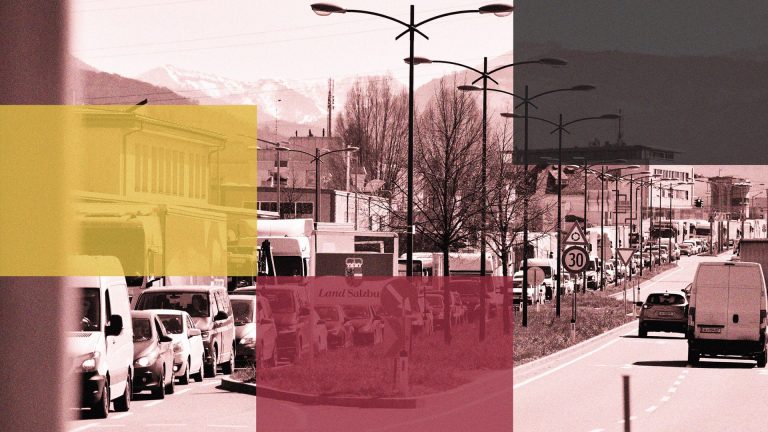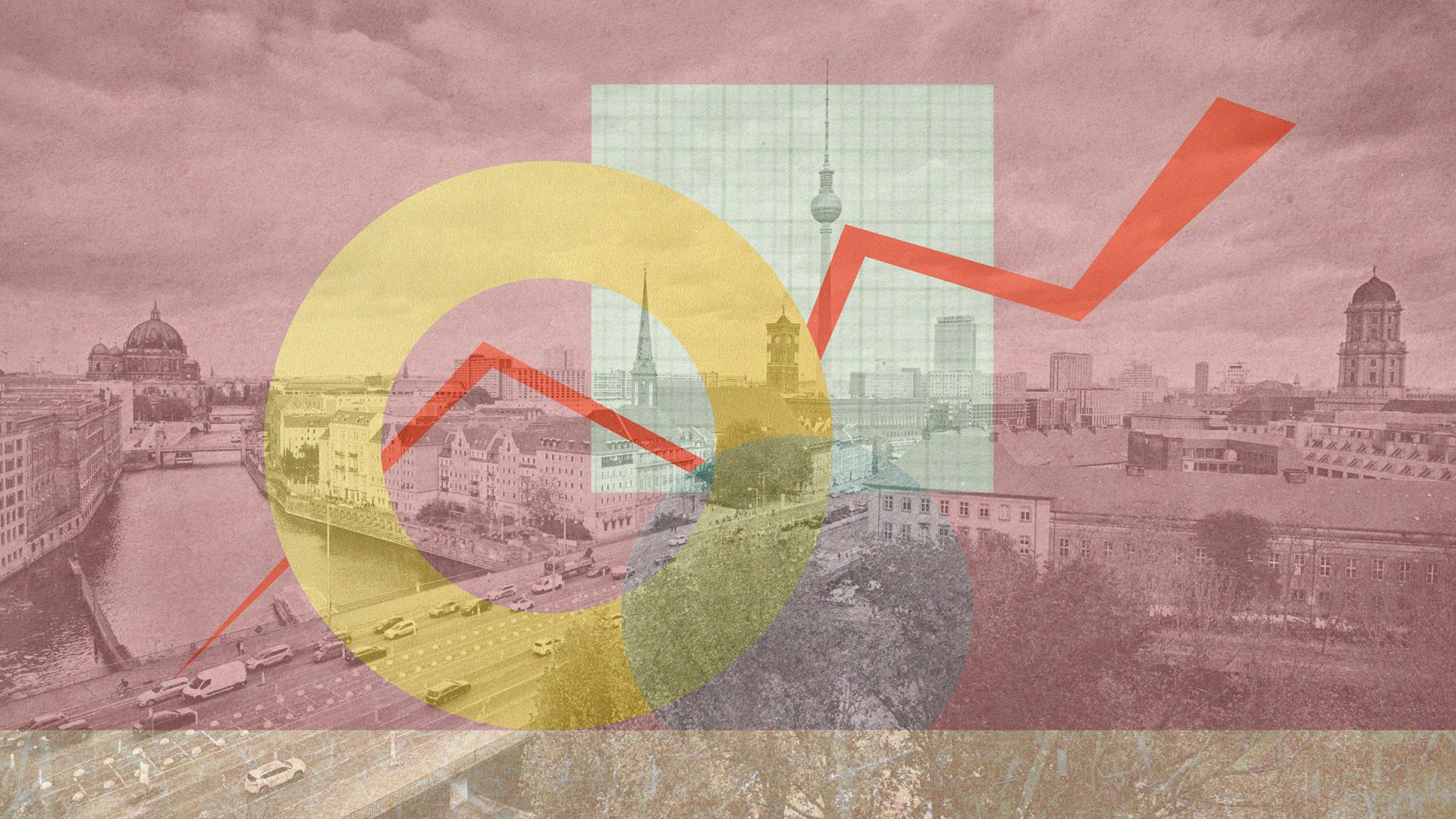I have just returned from a very enjoyable and relaxing, if not cheap trip, to Germany, mainly on its charming Baltic coast. With my economic journalist’s hat on, the striking thing I noticed is just the country’s obvious wealth.
We see and hear a lot about how the German economy is now struggling under the weight of unaddressed structural problems. All true. And the places I visited were fairly affluent.
Yet there is a visible contrast with even the wealthier parts of the UK. Things work. The place feels less tatty, tired and troubled than much of Britain.
How does Germany achieve what we currently don’t? Despite its problems, it remains highly productive, can afford higher wages, has an excellent health service and social security system and the state takes its role seriously.
By which I mean the curse of trickle-down economics has never quite taken hold in Germany as it has here and in the US.
Deep down, serious people – and the Germans are serious people – know that if you want something, you have to pay for it. Maybe it is something to do with the waters of the Baltic because you get much the same attitude in Finland, Sweden and Denmark.
A fair and successful society is one where chances are more equal, security is in-built, the safety net has fewer holes in it and people are willing to pay for what is necessary. As the German comic Henning Wehn is famous for saying, “We don’t do charity in Germany. We pay taxes.”
Germany does have food banks – less than 1,000 of them for a population of 85million. We have at least 2,500 for a population of 68m.
The difference is that in the UK, charity is left to provide the basics far too often. Yet it still fails to do enough.
Suggested Reading


Merz promised a migration crackdown. Can he deliver?
Charity should be a nice additional source of income for local art galleries and scout troops, not a fund for essentials. That is the state’s job.
Nearly 50 years of Thatcherite propaganda has convinced too many of us that we can have our cake and eat it too, that we can and should depend on the charity of our betters. That tax cuts for them will cascade down to the poor; but it never does.
America is now testing this concept to destruction. Some 27% of state spending there is funded by debt – basically, by borrowing from foreigners.
You wonder what would happen if Americans had to really had to pay for their schools or their aircraft carriers instead of someone else doing it for them. But despite his expansion of the national debt, Trump is planning to borrow far more to give him and his buddies tax cuts.
Here, Nigel Farage and co want to run the same reckless experiment. They are ahead in the polls. It is as if Liz Truss never existed.
Germany and the rest are not so dumb. Our tax take as a percentage of GDP has been rising for years as governments increasingly find the low tax experiment has failed. But we still raise less than 40% of our GDP in tax – way behind Germany’s 46% and far behind Scandinavia.
We have been doing this for decades now, which is why so few things work properly, why people are frustrated with poor training, education and healthcare. Yet right wing politicians and the low tax pundits witter on about the burden on taxpayers, not caring for a minute about the burden lowering taxes by cutting services puts on the poor.
Reform and the Tories want to rip the guts out of the state to pay for tax cuts that will disproportionately benefit the best-off. It is madness. This summer, go to Germany, to Sweden, to Denmark and feel the change that paying just a little more can get you.












